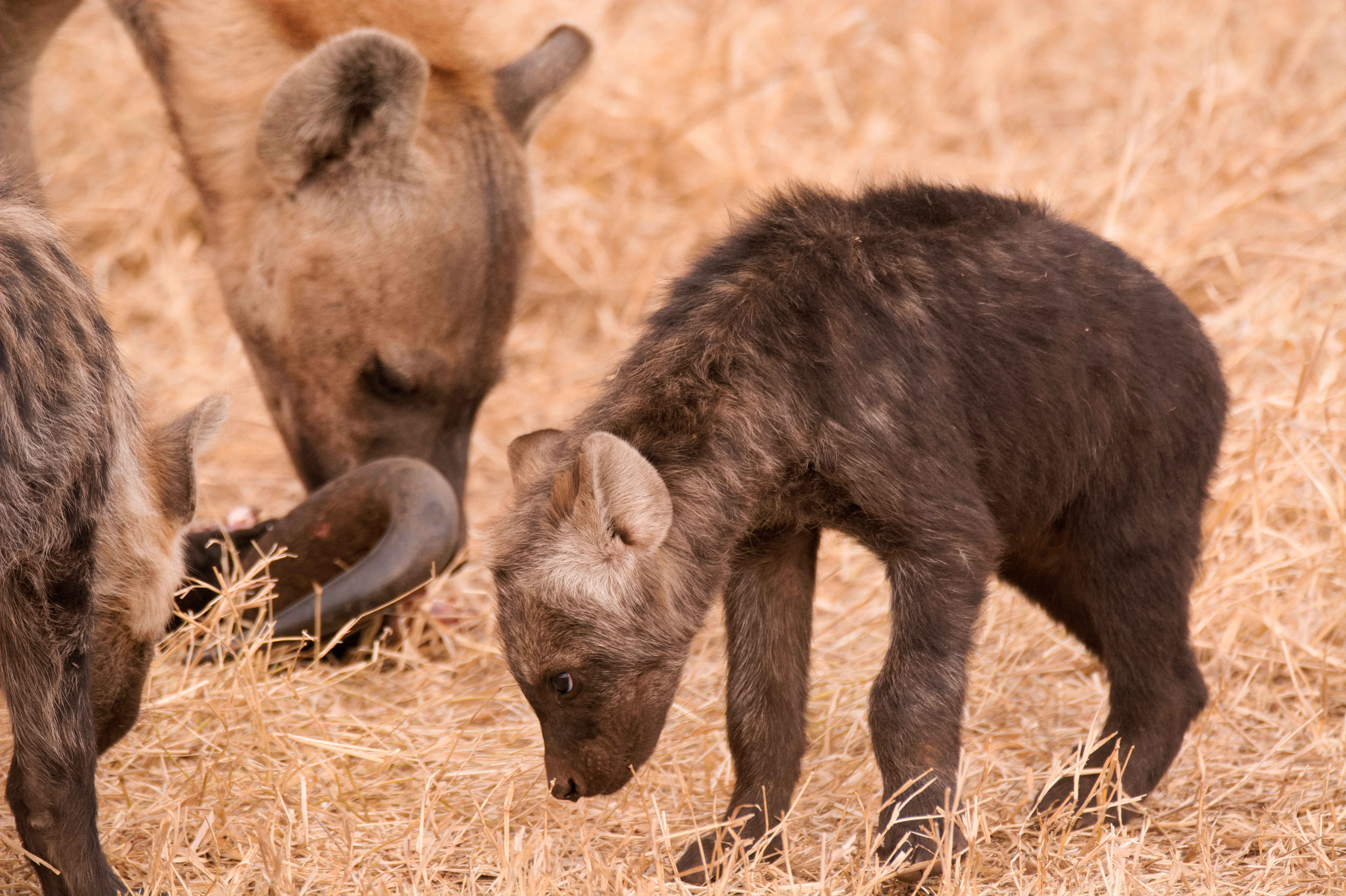Sociobiology is the study of the biological basis for the social behavior of human beings and other animals. Sociobiologists try to determine the function of various types of behavior in the life of an animal. They also seek to discover how aggression, communication, and other types of social behavior originated and have changed through countless generations.


Social behavior has traditionally been studied by experts in such fields as ethology (the study of animal behavior), anthropology, psychology, and sociology. Sociobiologists use information and ideas from these fields, but they examine social behavior primarily in terms of modern theories of genetics and evolution. Many sociobiologists believe that the results of their studies will someday revolutionize sociology and the other social sciences.
Sociobiology is based on the theory that the central process of life is the struggle of genes to reproduce themselves. According to this theory, an organism inherits tendencies to develop certain types of behavior. These behavior patterns increase the animal’s chances of transmitting its genes to the next generation.
Sociobiologists believe an animal can pass on its genes not only by reproducing but also by helping related animals, such as brothers and sisters, survive and reproduce. For example, a worker bee may sting an intruder to protect the hive. The act of stinging kills the worker bee but it protects the queen bee, which has many of the same genes. The queen bee will pass on these genes to her offspring. Sociobiologists have discovered that the more closely two animals are related genetically, the more likely one is to sacrifice itself to protect the other. These scientists speculate that self-sacrificing behavior in human beings may also have a genetic basis.
Some biologists argue that sociobiological explanations of social behavior in animals cannot be applied to human social behavior. These critics point out that human behavior, unlike animal behavior, is highly changeable and is affected by many cultural and environmental influences. Sociobiologists recognize the importance of such influences. But they insist that human behavior cannot be understood properly without considering genetic factors as well.
See also Evolutionary psychology; Hamilton, William Donald; Wilson, Edward Osborne.
